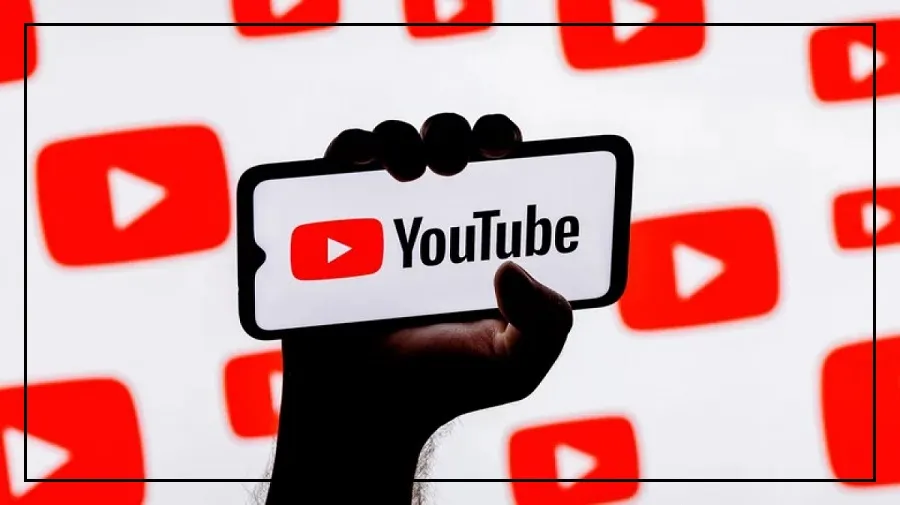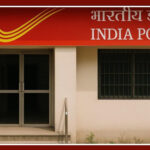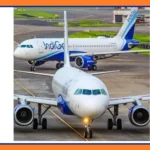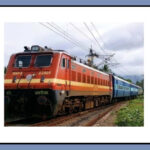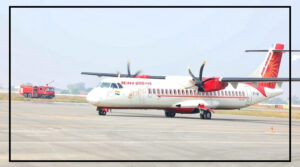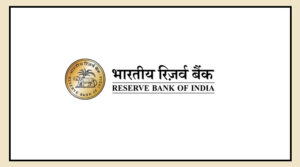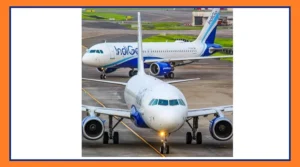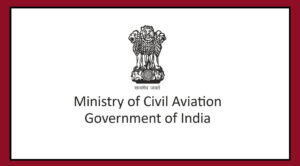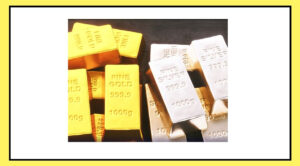Nepal made global headlines on September 4 after blocking 26 social media platforms, including Facebook, WhatsApp, LinkedIn, Reddit, X (formerly Twitter), and YouTube.
This sudden move sparked massive protests across the country, which led to 19 deaths.
On Monday, the government lifted the ban and called for talks with the protestors. Here’s a simple breakdown of the entire situation:
Why was the ban imposed?
The ban came after the government issued a rule asking all social media platforms to register in Nepal and appoint a local representative.
Officials said the aim was to regulate online content, reduce misinformation, prevent hate speech, and stop online fraud.
However, most major platforms didn’t meet the seven-day registration deadline set in August.
The Ministry of Communication and Information Technology stated that the ban followed Supreme Court guidelines on unregistered foreign companies.
Who was affected?
The government blocked these 26 platforms: Facebook, Messenger, Instagram, YouTube, WhatsApp, X, LinkedIn, Snapchat, Reddit, Discord, Pinterest, Signal, Threads, WeChat, Quora, Tumblr, Clubhouse, Mastodon, Rumble, VK, Line, IMO, Zalo, Soul, Hamro Patro, and BeReal.
TikTok and Viber followed the government’s rules and were not banned.
What were the ‘Gen Z Protests’?
Massive protests began, especially involving young people and students, which led the media to call it the “Gen Z Protests”.
Protestors demanded the ban be lifted and also began highlighting issues like government corruption.
The situation escalated when protestors tried to storm government buildings. The police responded with tear gas, rubber bullets, and water cannons.
At least 19 people died and over 100 were injured during the clashes.
How did the government react?
After the deaths, the government held an emergency cabinet meeting. They lifted the ban and said they were ready to talk with protestors.
Prime Minister KP Sharma Oli blamed the unrest on miscommunication and a gap between generations.
Despite lifting the ban, protests continued. Eventually, PM Oli resigned on Tuesday after protestors entered his office and shouted anti-government slogans.
What did India say?
India expressed sorrow over the loss of young lives during the protests in Nepal. It urged for peace and dialogue.
“We are deeply saddened by the loss of many young lives in Nepal,” said India’s Ministry of External Affairs.
“As a close friend and neighbor, we hope all sides will stay calm and resolve issues peacefully,” it added.
What was the impact of the ban?
Internet providers reported that more than half their traffic came from social media, so the ban hurt their business.
Millions of Nepali users lost access to social media, causing major disruption in communication, businesses, and information flow.


